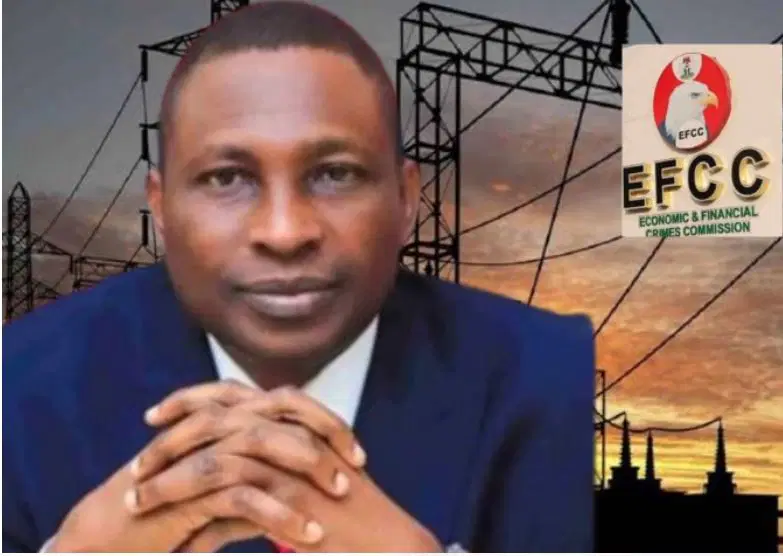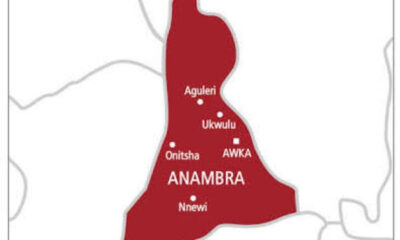Inside Nigeria
Corruption we discovered in power sector will make you cry – EFCC boss Olukoyede

The Executive Chairman of the Economic and Financial Crimes Commission, EFCC, Ola Olukoyede, has said the level of corruption in the power sector would make people cry.
He put it this way: “As we speak, we are grappling with electricity. If you see some of the investigations we are carrying out within the power sector, you will shed tears.
“People were awarded contracts to supply electricity equipment. Instead of using what they call 9.0 guage, they will go and buy 5.0.
Every time you see the thing tripping off, the thing gets burnt, and all of that, it falters and it collapses. It’s part of our problems.”
Olukoyede made the revelation during an oversight visit by the House of Representatives Committee on Financial Crimes to the EFCC’s headquarters in Abuja, today.
Furthermore, stressed the importance of collaboration between the Commission and lawmakers to combat financial crimes effectively.
One of the key areas of concern, according to Olukoyede, is the power sector, where corrupt practices have been undermining the country’s infrastructure.
It was at this point the EFCC boss revealed that some contractors awarded contracts to supply electricity equipment were involved in cutting corners.
He said they were using substandard materials that have contributed to the frequent power outages and system failures.
This, he said, is one of the many examples of how corruption in critical sectors is holding back the country’s development.
Olukoyede also discussed the EFCC’s new strategic focus on asset tracing and recovery, which he credited for the agency’s successes over the past year.
Furthermore, he revealed that “For every 10 Naira recovered, perhaps 30 or 40 Naira may have been stolen.
“If we recover about 440 billion Naira and several billions of dollars in a year, imagine the total amount siphoned from our system. That’s the unfortunate reality.
“Thus, we are focusing on prevention. Over the last year, we have established a new directorate for risk assessment and control.
“To recover 10 Naira, you may spend between 4 and 5 Naira. But to prevent 10 Naira from being stolen, you spend less than 1 Naira, based on our research and experience.
“Prevention is, therefore, the more effective way to combat corruption.
“We need more resources to carry out our mandate effectively. Our staff are underpaid, and we need to improve their welfare.”
Reacting, Ginger Onwusibe, Chairman of the House Committee on Financial Crimes, expressed the committee’s readiness to support the EFCC through legislation and improved budget allocations.
Onwusibe also urged the Commission to enhance its operational capacity and strengthen collaborations with other agencies and development partners to improve accountability and efficiency in the fight against corruption.”

































